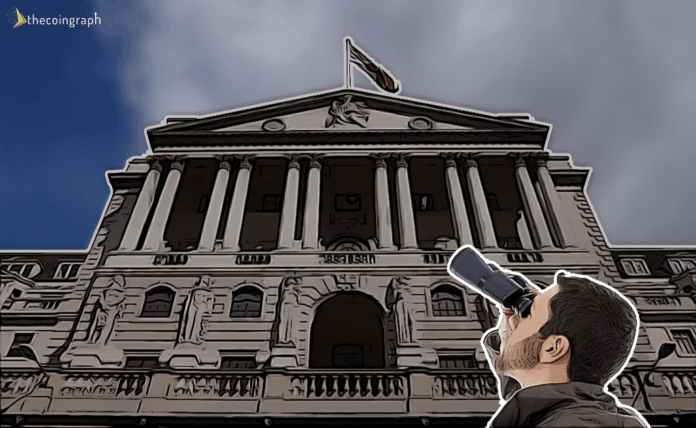The Central Bank of England is working on a new project which involves developing a Proof-of-Concept (PoC) to establish privacy over the blockchain data while still maintaining the regulatory oversight. For this project, the Bank of England partnered with Chain, a blockchain startup that develops infrastructure protocols.
On Wednesday, the bank released a paper showing how it is exploring different methods for establishing high-level data privacy for participants of the blockchain network, but at the same time allowing the transactions of different financial assets.
The central bank said that the ideal scenarios in such case would be to design “a distributed ledger system in such a way that transactions remain private whilst keeping all data shared across the network, and at the same time maintaining a regulatory view of all transactions.”
The Proof-of-Concept puts some light on the basic plans of the central bank that involves promoting and developing the Distributed Ledger Technology (DLT) for its existing business operations but without hiding the transactions from the central bank authorities.
This announcement from the Bank of England comes just a few days after it announced its plans to integrate the Distributed Ledger Technology with the banks revised RTGS system which is another project that the bank is currently testing as a PoC.
However, the bank claims that scalability issues with blockchain, which it needs to address upfront, pose a major bottleneck in its development plans. Previously, the bank has also referred to the Blockchain technology to be currency in the nascent stage.
The bank finally concluded saying: “The trade-offs would still need to be further explored, especially with respect to scalability, speed of transaction processing and risks around the security of the cryptographic techniques employed.”

